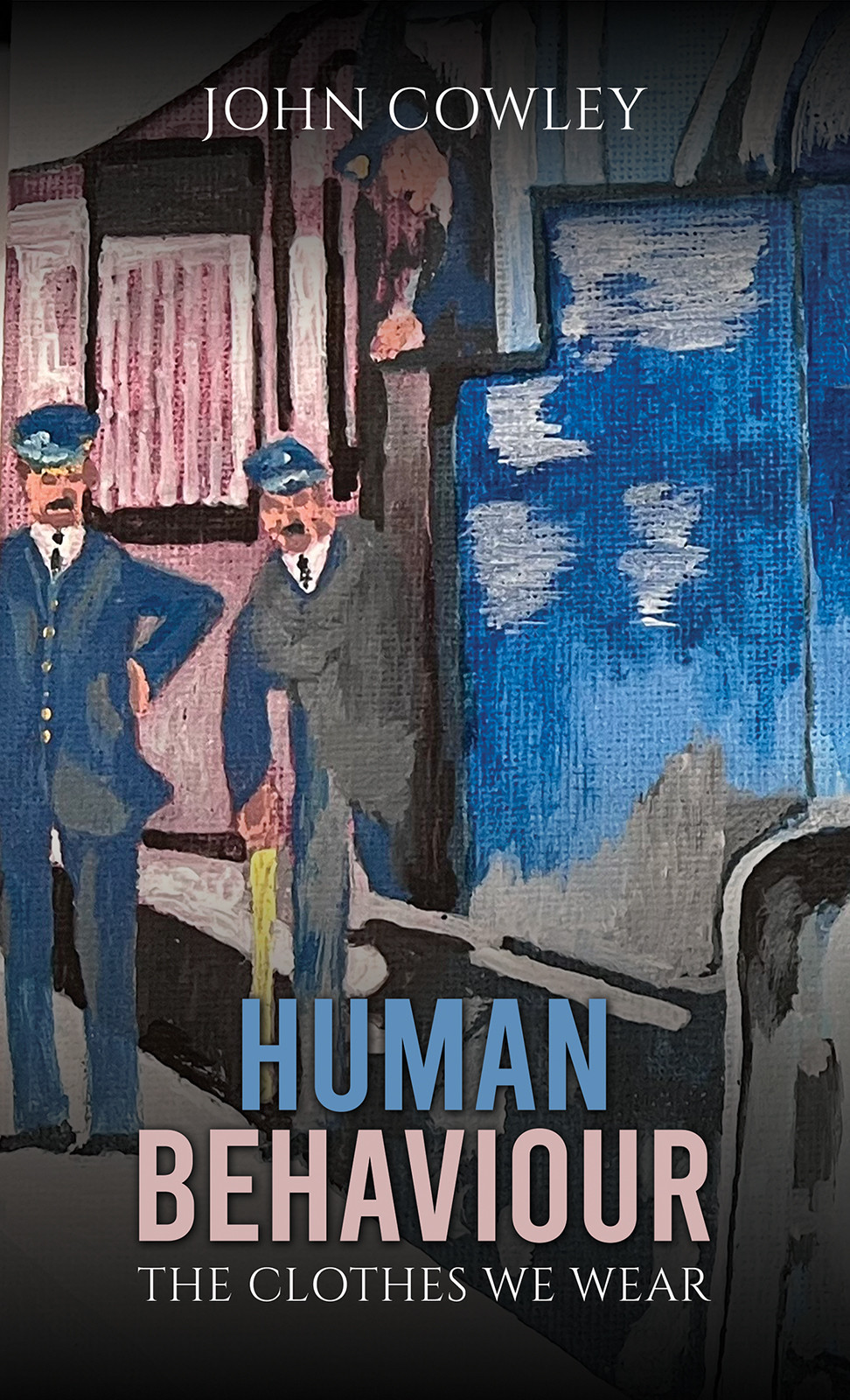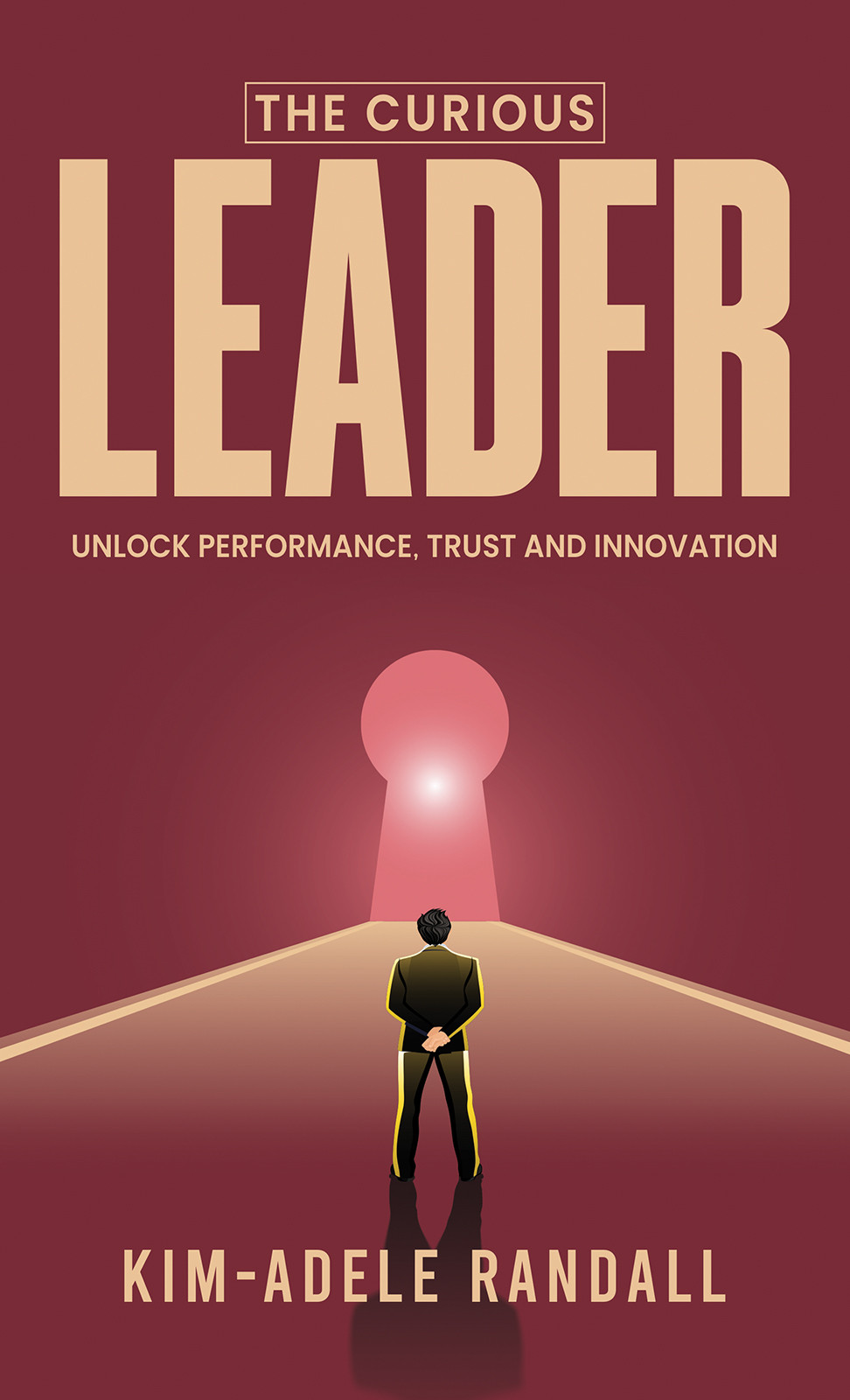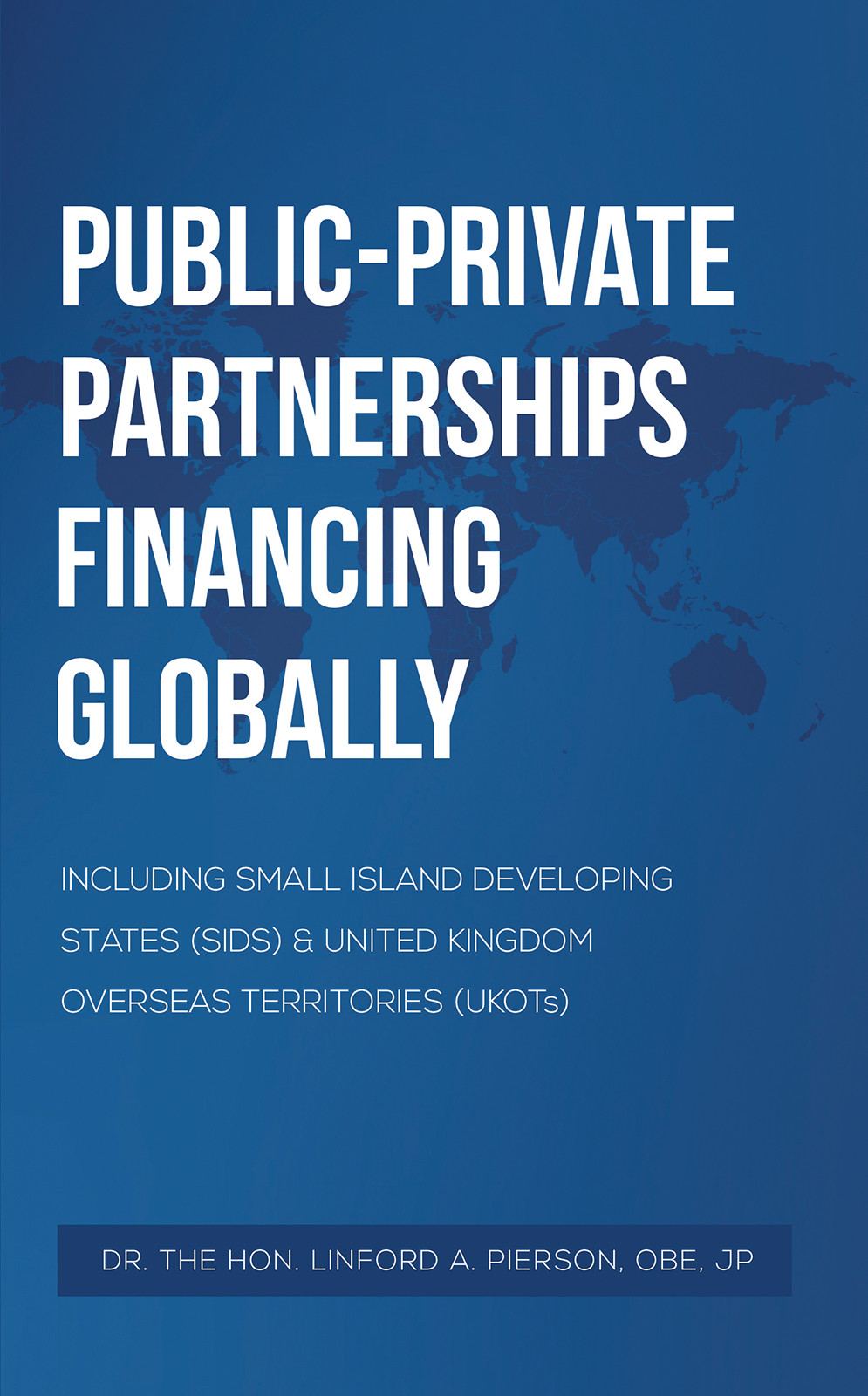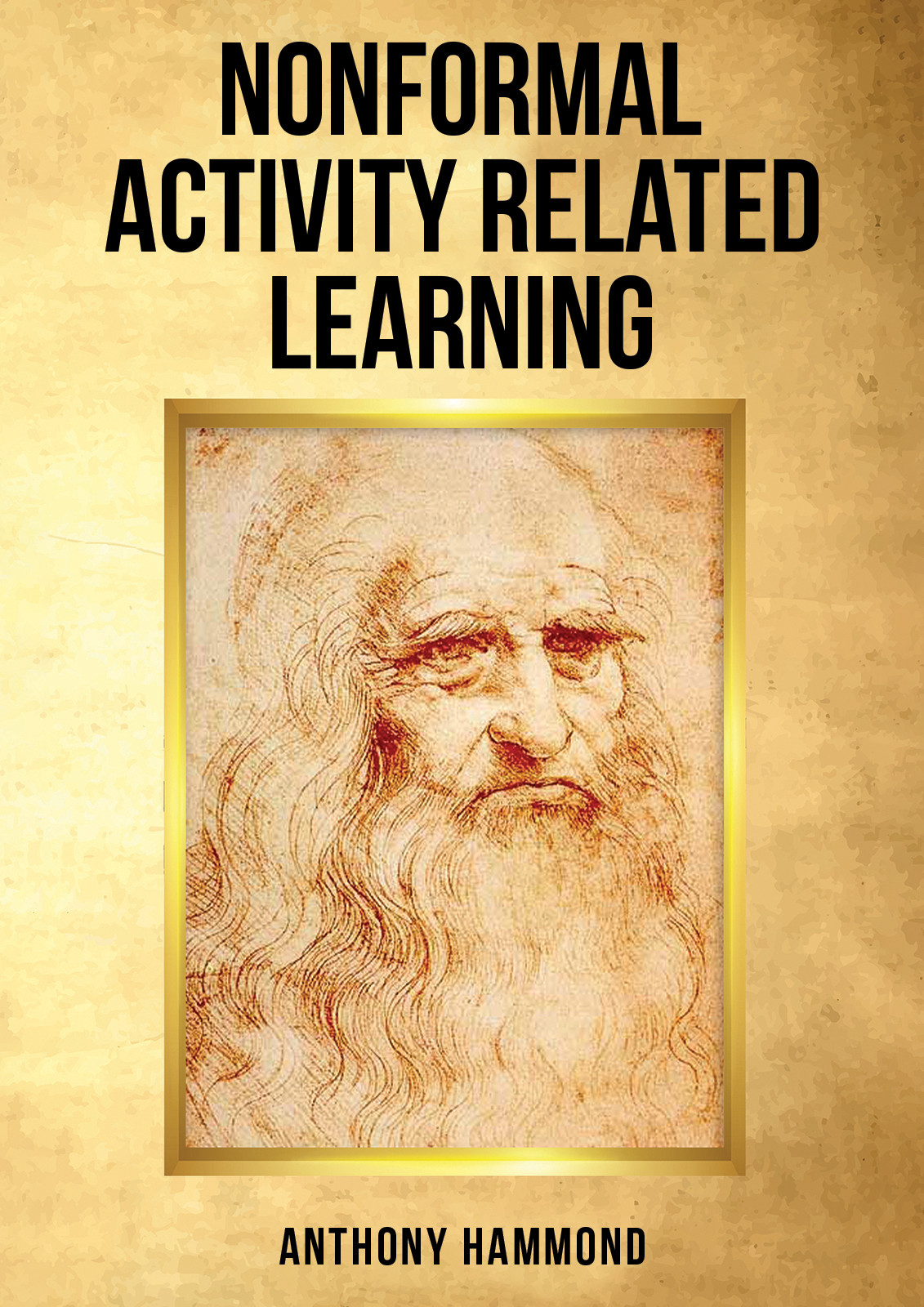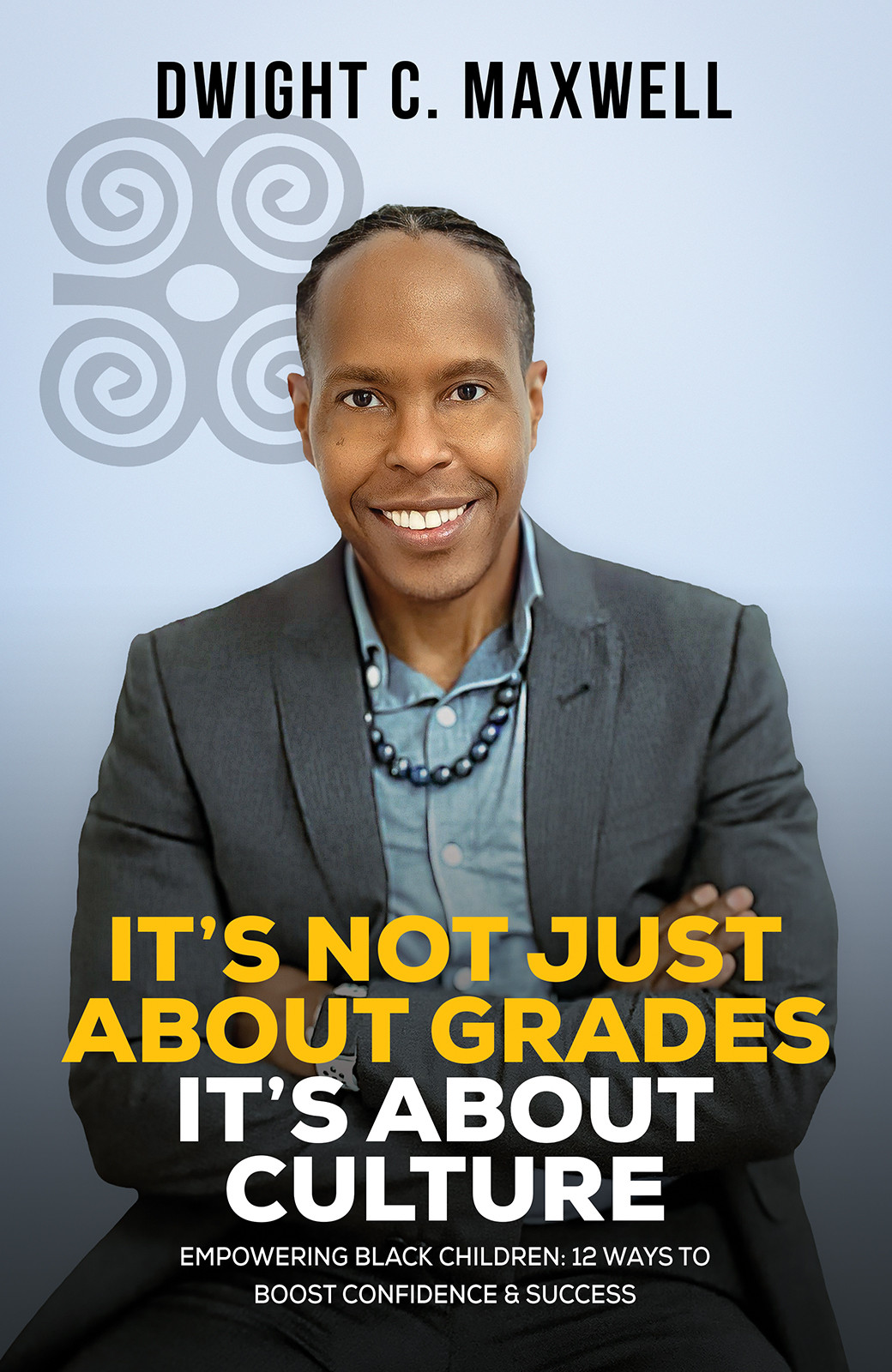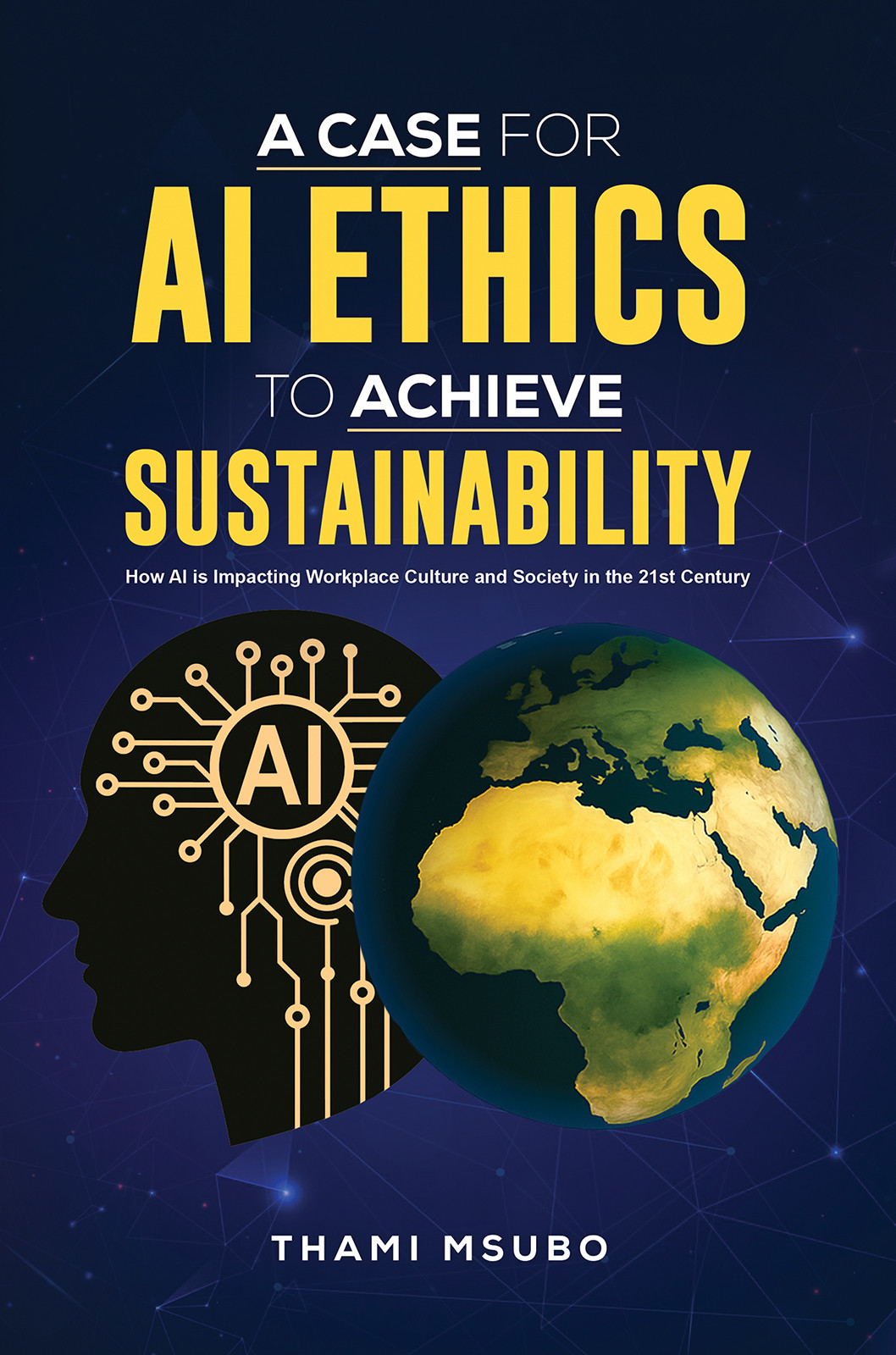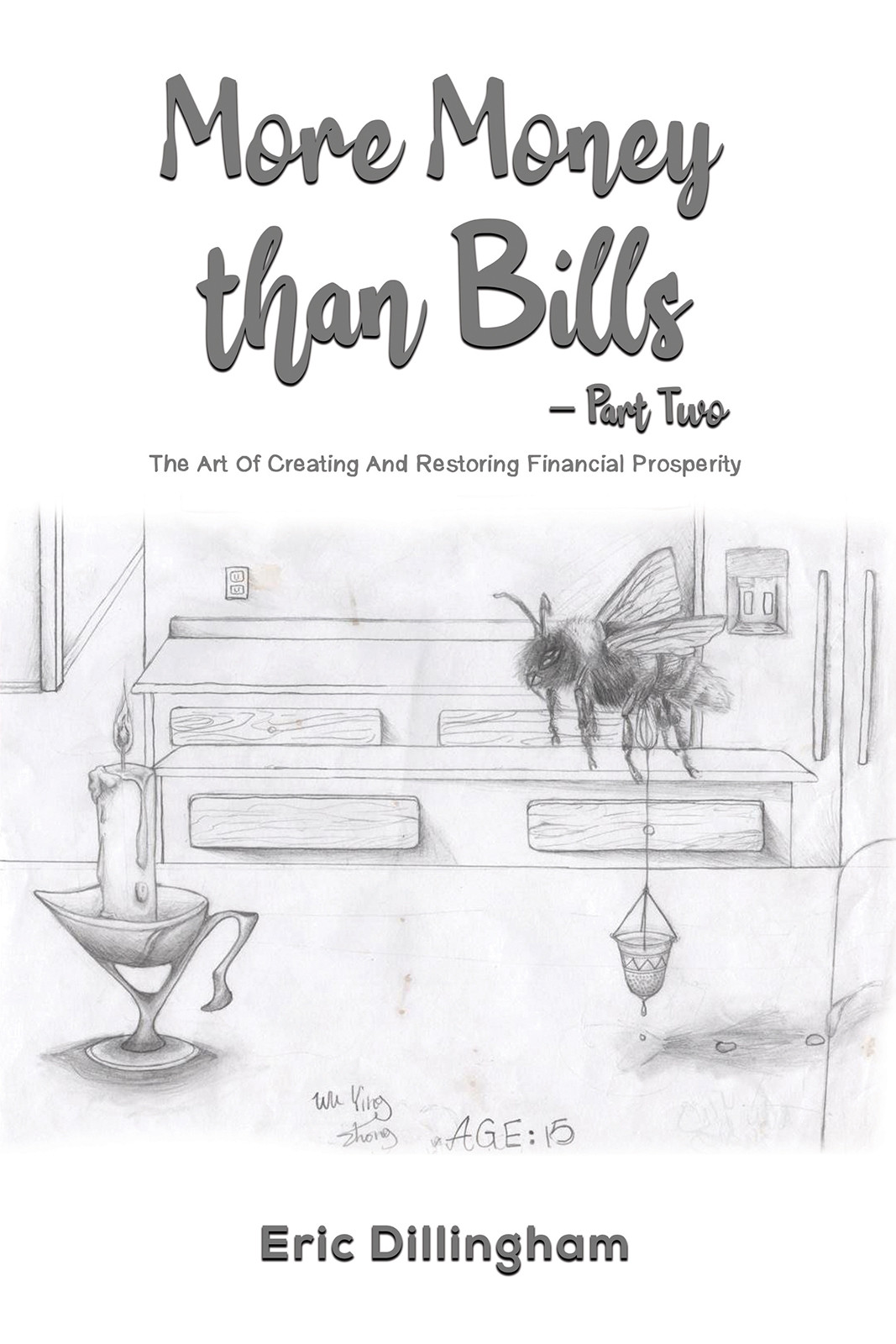What if the real power of AI isn’t in its speed, data, or dominance but in its ability to serve humanity with conscience, dignity, and sustainability?
In A Case for AI Ethics to Achieve Sustainability, Thami Msubo, a South African thought leader and workplace diplomat bridging shopfloor realities and boardroom decisions, delivers a bold and timely blueprint for aligning artificial intelligence with ethical leadership, measurable outcomes, and the UN SDGs. Inspired by Al pioneer Geoffrey Hinton and heeding Stephen Hawking’s stark warning that Al could pose an existential threat to humanity, Msubo introduces four transformative dimensions.
First, the Ethical AI Manifesto, a values-driven vision rooted in Ubuntu, ‘I am because we are’, which champions human dignity, privacy, shared prosperity, accountability, and others.
Second, the Ubuntu Ethical AI Framework, a practical tool with measurable KPIs that track AI’s impact on workplace wellbeing, social inclusion, and long-term sustainability.
Third, the Circle of Evolutionary Learning, a forward-looking model that ensures ethical knowledge is passed from one generation to the next.
Fourth, the Sovereign AI Wealth Fund (SAIWF), an economic justice which ensures that automation royalties are paid back to society and displaced workers are reskilled with dignity.
Written in clear, accessible language, this book makes complex ideas easy to understand and apply. It is for everyone: students, educators, CEOs, policymakers, and concerned citizens. But it makes a powerful appeal to corporations, governments, and multilateral organisations to lead the AI revolution with ethics at its core.
A powerful voice from the Global South, long excluded from Western-centric AI discourse, Msubo positions South Africa as a global torchbearer and beacon of ethical, human-centred innovation. This book is a moral compass for our digital age.


